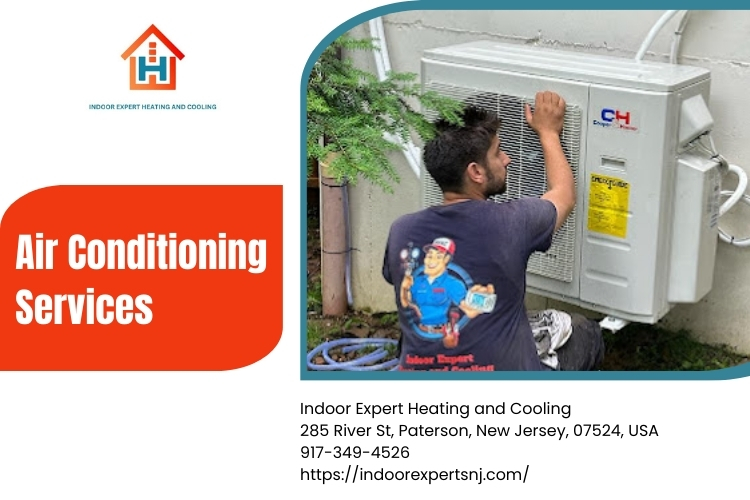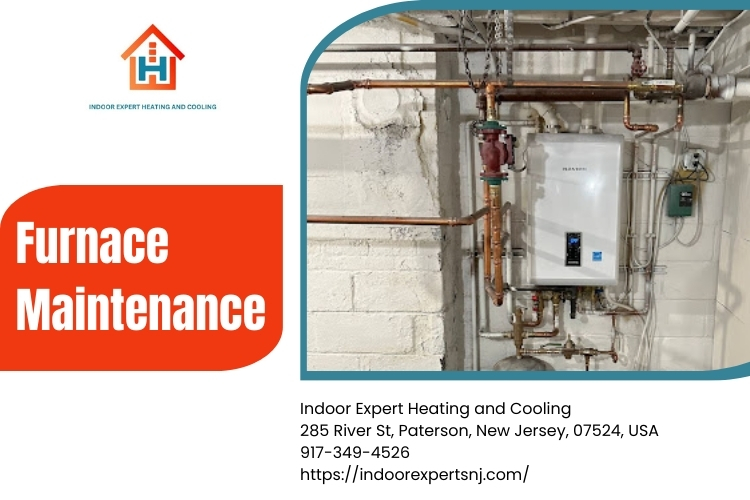Introduction
When the sun is blazing and the temperature soars, nothing feels better than stepping into a cool, air-conditioned space. However, what happens when your air conditioning unit stops working on a hot day? The discomfort can be unbearable, and panic often sets in. But fear not! This comprehensive guide will walk you through every step of addressing an air conditioning malfunction during those sweltering days.
We'll delve into troubleshooting tips, maintenance strategies, and even proactive steps to take before the heat wave hits. So grab a cold drink and let's dive in!
What to Do When Your Air Conditioning Unit Stops Working on a Hot Day
When your air conditioning unit comes to a halt on a scorching day, it's essential to stay calm and methodically troubleshoot the problem. Here’s how you can get started:
1. Assessing the Situation: Check for Immediate Issues
The first thing you should do when your air conditioning unit stops working is to assess the situation. Is it completely off, or is it blowing warm air?
- Check the Thermostat: Make sure it’s set to cooling mode and at a lower temperature than the current room temperature. Inspect Power Supply: Ensure that your AC unit is plugged in and that there are no tripped circuit breakers.
2. Common Signs of AC Problems
Understanding common indicators of air conditioning issues can help you diagnose problems more effectively:

- Unusual Noises: If your unit starts making strange sounds like rattling or grinding, this could signal mechanical issues. Leaking Water: Excessive pooling around your unit often indicates clogged condensate drains or refrigerant leaks.
3. Quick Fixes You Can Attempt Yourself
Before calling professionals for ac service, here are some quick fixes you might try:
a. Change or Clean Filters
Dirty filters can significantly reduce airflow. Replace or clean them every 30-60 days during peak usage times.
b. Inspect Vents and Ducts
Blocked vents can obstruct airflow leading to uneven cooling. Make sure they’re open and unblocked.
4. Safety First: Power Down Your Unit
If you notice any burning smells or smoke, turn off your AC immediately and unplug it from the power source to avoid potential hazards.
Understanding Why Your Air Conditioning Unit Might Fail
5. Age of Your Air Conditioning Unit
Older units may simply reach their lifespan limit:
- Most residential AC units last about 15-20 years. If yours is approaching this age with recurring issues, consider investing in a new model.
6. Lack of Regular Maintenance
Just like a car needs regular tune-ups, so does your air conditioning system:
- Schedule annual furnace maintenance checks. Regular inspections can prevent small issues from escalating into costly repairs.
The Importance of Professional Help for AC Issues
7. When to Call an Expert for AC Service?
While DIY fixes can address minor issues, some situations necessitate professional intervention:
- If you've tried all troubleshooting steps without success. If there are signs of refrigerant leaks or electrical problems.
8. What to Expect During Professional AC Service?
When calling for professional help, here's what typically occurs:
| Step | Description | | Inspection | Technicians will examine your entire system for faults | | Diagnosis | They'll identify specific issues causing failure | | Repair | Necessary repairs will be executed promptly |
Preventive Measures: Keeping Your Air Conditioning Unit Healthy
9. Regular Maintenance Checklist for Homeowners
To keep your unit running smoothly through those blistering summer months, implement this checklist:
Change filters monthly. Clean outdoor coils regularly. Inspect insulation around ducts.10. Seasonal Preparation Tips for Your AC System
Prepare your system before summer hits with these actions:
- Have a pre-season inspection conducted by professionals. Clear debris from around outside units.
Dealing with Specific Air Conditioning Issues
11. Addressing Refrigerant Leaks Quickly
Refrigerant leaks not only reduce efficiency but are also harmful to the environment:
- Contact professionals immediately if you suspect a leak.
12. Fixing Electrical Issues Safely
Electrical problems pose serious risks; ensure safety by having qualified technicians handle repairs involving wiring or components.
Exploring Alternatives While Waiting for Repairs
13. Temporary Cooling Solutions at Home
While waiting for professional help or attempting DIY fixes, consider these alternatives:
Use fans strategically throughout your home. Close curtains during peak sunlight hours to minimize heat gain.Staying Comfortable Without an Operational Air Conditioner
14. Hydration is Key! Stay Cool from Within
Drink plenty of water; staying hydrated helps your body manage heat more effectively.
15. Create Cross-Ventilation in Your Home
Open windows at night when temperatures drop to allow cooler air into your home while keeping doors closed during day hours.
Long-term Solutions: Upgrading Your AC System
16. Investing in Energy-Efficient Models
If you're contemplating a new purchase due to frequent breakdowns, consider energy-efficient models that save money over time while keeping you cool!
Benefits Include:
- Lower utility bills Improved environmental impact
FAQs
1. What should I do first if my air conditioning unit stops working?
First, check the thermostat settings and power supply before attempting any fixes yourself.

2. How often should I have my furnace maintained?
It’s recommended to have furnace maintenance performed at least once per year before winter begins.
3. Can I fix my AC myself?
You can perform minor tasks like changing filters but call professionals for significant repairs or electrical issues.
4. What are signs of refrigerant leaks?
Signs include hissing noises from the unit or ice forming on refrigerant lines.
5. How long does an average air conditioner last?
Most residential units last about 15–20 years with proper maintenance.

6. Should I leave windows open while running my AC?
No! This increases humidity levels indoors and makes it harder for your system to cool efficiently.
air conditioner changeConclusion
In conclusion, knowing what to do when your air conditioning unit stops working on a hot day can make all the difference between discomfort and relief from oppressive heat waves! Remember that regular maintenance is key; don’t wait until it breaks down unexpectedly—be proactive!
Contact Us
Indoor Expert Heating and Cooling
Address: 285 River St, Paterson, New Jersey, 07524, USA
Phone: 917-349-4526
Website: https://indoorexpertsnj.com/